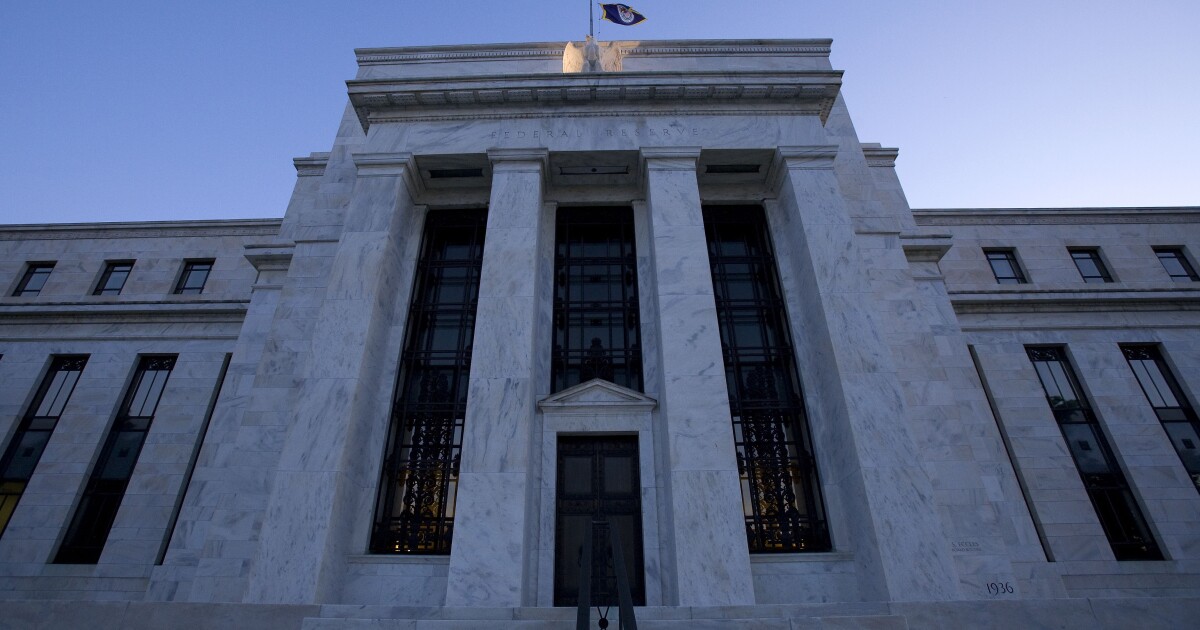

The U.S. Federal Reserve announced Sunday that it had joined with other major global central banks to establish new lines of U.S. dollar swaps to prevent liquidity issues ahead of Monday morning’s market opening.
The coordinated action with the Bank of Canada, Bank of England, Bank of Japan, European Central Bank, and Swiss National Bank comes as the global financial system reacts to turmoil in the U.S. and European banking sectors. The world’s leading central banks said in a statement that each would launch daily operations to make funding available through standing swap lines — which grant foreign banks access to one another’s currencies.
CREDIT SUISSE TO BE BOUGHT BY UBS FOLLOWING RECORD-LOW SHARES
These offerings were only available weekly before the Sunday change.
U.S. Treasury Secretary Janet Yellen tried to reassure the public this week that the U.S. banking system “remains sound,” though concerns have lingered as Monday’s opening nears.
Banking regulators shut down SVB earlier this month, two days after the nation’s 16th-largest federally insured bank announced that it needed to raise more than $2.2 billion to remain solvent, which sent its stock price plunging over 60% in 48 hours. Last Sunday, they also announced the closure of Signature Bank while revealing plans to make customers of both financial institutions whole. The SVB failure is the second-largest in U.S. banking history while Signature Bank is the third.
CLICK HERE TO READ MORE FROM THE WASHINGTON EXAMINER
The collapses led to a week of uncertainty for several regional banks and some bigger lenders. First Republic Bank, a regional bank, and Credit Suisse, a Swiss lender, both accepted rescue packages from larger institutions to shore up their liquidity. Credit Suisse announced on Sunday that it had reached a deal to be acquired by rival bank UBS, a move the U.S. Treasury and Federal Reserve said would “support financial stability.”
The White House has called on Congress to strengthen regulations to prevent an industry-wide collapse of smaller banks, though Democrats are split on the issue while Republicans are united against it.





